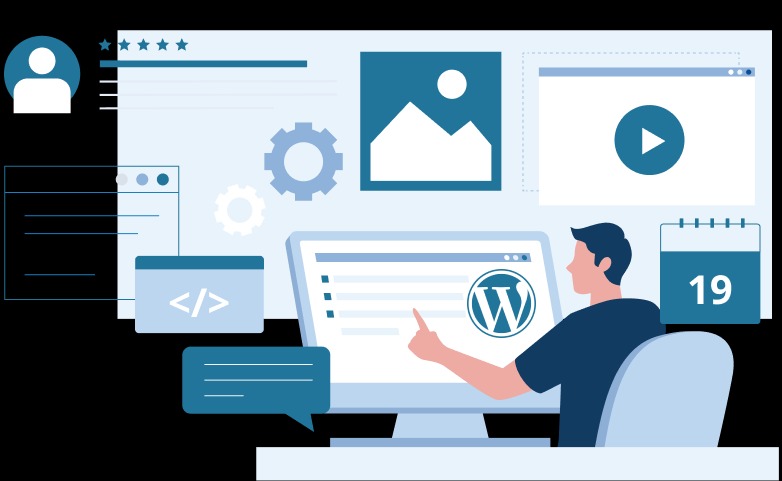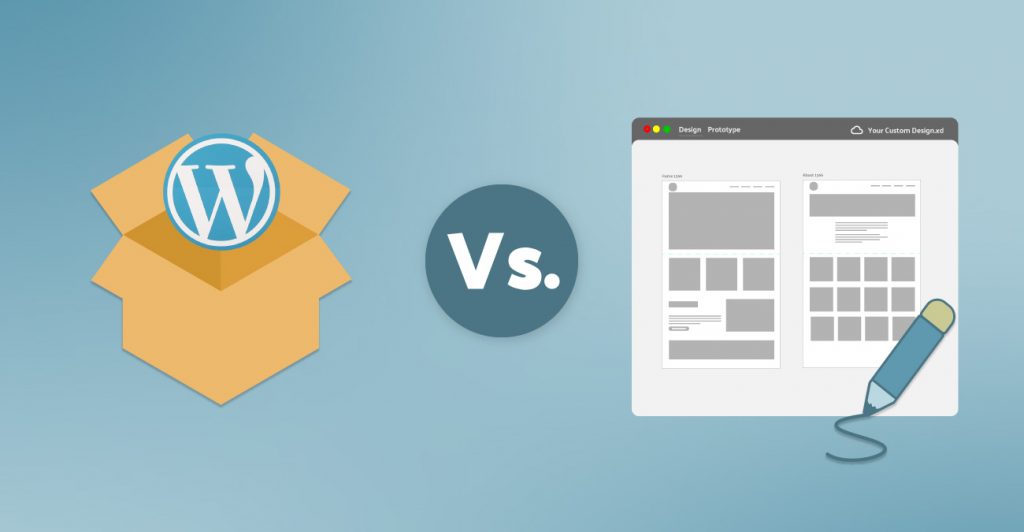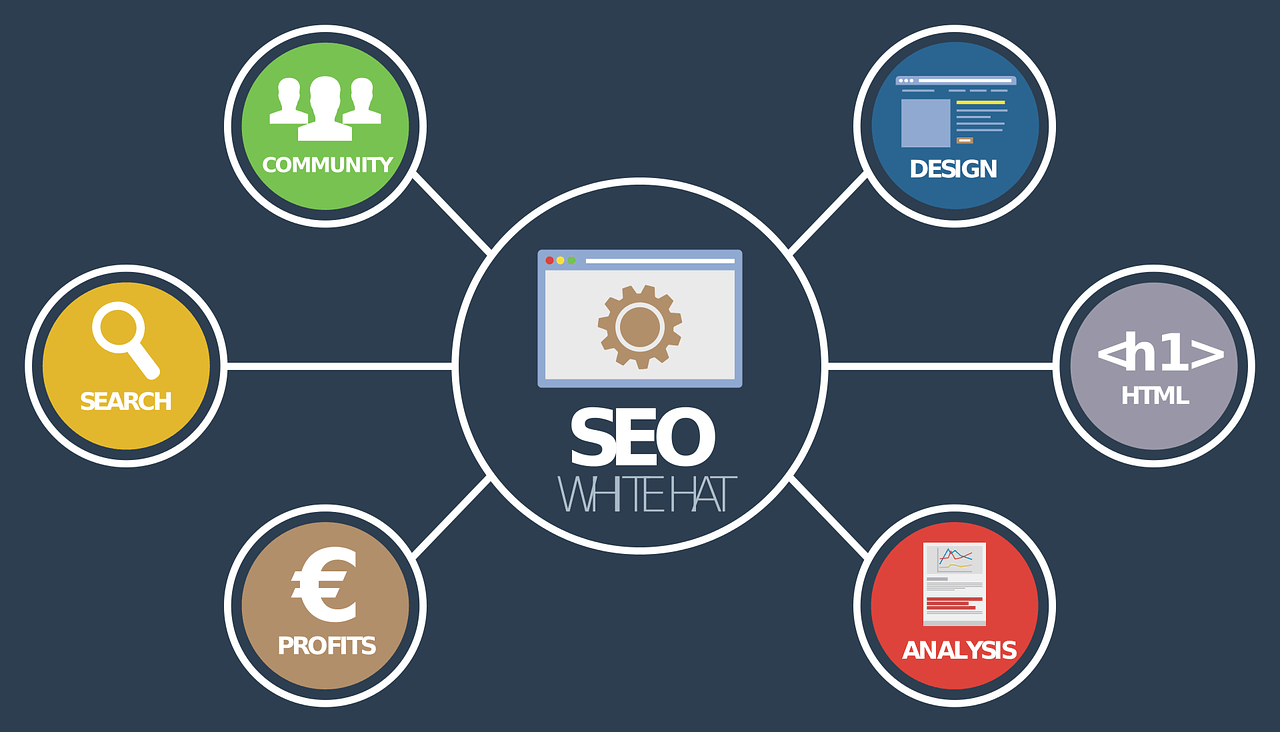Wondering whether to go for custom WordPress development or a pre-built theme? This 6000+ word guide from TopWpExperts compares both options in depth for 2025.
Introduction Choosing the right foundation for your WordPress website is one of the most important decisions you’ll make. In 2025, website owners face a critical question: Should I build my site using a custom WordPress solution or use a pre-built theme?
Custom WordPress Development:
This detailed guide from TopWpExperts compares custom WordPress development with pre-made themes in terms of performance, SEO, scalability, cost, flexibility, design, and long-term value. Whether you’re launching a personal blog, eCommerce store, portfolio, or enterprise site, this post will help you make an informed decision.
Section 1: What Is Custom WordPress Development? Custom WordPress development refers to building a website from scratch or using minimal boilerplate code to create a fully tailored solution. It may involve custom themes, plugins, post types, fields (ACF), and API integrations.
Key Features:
- 100% tailored design and functionality
- Built for specific business goals
- Uses minimal or no bloat
- Full control over code
- Often faster and more secure
Common Use Cases:
- Corporate websites
- LMS & membership platforms
- Complex WooCommerce setups
- SEO-focused blogs and landing pages
Section 2: What Are Pre-Built WordPress Themes? Pre-built themes (also called templates) are ready-made designs you can install with a few clicks. They often come with demo content, design blocks, and compatibility with page builders like Elementor, Divi, or WPBakery.
Key Features:
- Plug-and-play setup
- Visually appealing designs
- Can be installed and launched in hours
- Often cheaper upfront
Common Use Cases:
- Personal blogs
- Basic portfolios
- Small business brochure sites
Section 3: Design Flexibility & Branding
Custom Development:
- Complete design freedom
- Matches brand identity precisely
- Unique user experience
Pre-Built Themes:
- Limited design customization unless heavily modified
- Risk of similar-looking websites
- Customization often requires coding knowledge or heavy use of page builders
Verdict: For serious branding, custom wins.
Section 4: Speed & Performance

Custom WordPress Sites:
- Minimal code = faster load times
- Core Web Vitals optimization is easier
- Can remove unnecessary scripts/styles
Pre-Built Themes:
- Often bloated with features you don’t use
- Heavy reliance on JavaScript and animations
- Slower on mobile if not optimized
Verdict: Custom is better for speed.
Section 5: SEO Capabilities
Custom Development:
- Clean code, proper heading structure
- Better control over schema markup and metadata
- Easier integration with SEO tools
Pre-Built Themes:
- SEO depends on how well the theme is coded
- May contain layout issues affecting CLS (Cumulative Layout Shift)
Verdict: Custom is ideal for SEO-driven websites.
Section 6: Scalability & Future-Proofing
Custom Development:
- Built for growth
- Easier to scale with plugins, CPTs, and APIs
- Codebase is easier to maintain and extend
Pre-Built Themes:
- May become unsupported or outdated
- Difficult to scale without performance loss
Verdict: Custom is more scalable.
Section 7: Security
Custom Sites:
- Minimal third-party dependencies
- Code can be audited for vulnerabilities
- Easier to implement strict security policies
Pre-Built Themes:
- Reliance on third-party plugins (risk factor)
- Unused features open attack vectors
- More vulnerable to theme-based exploits
Verdict: Custom is more secure when done right.
Section 8: Cost Comparison
Custom:
- Higher upfront cost
- Lower long-term maintenance costs (if built well)
- Higher ROI in long-term
Pre-Built Themes:
- Lower upfront cost ($40–$100)
- May require costly plugins and redesigns later
Verdict: Pre-built is cheaper short term; custom wins long term.
Section 9: Development & Launch Time

Custom:
- Takes 3–6+ weeks depending on complexity
- Requires professional developers
Pre-Built:
- Can go live in a day with demo content
- Great for quick launches
Verdict: Pre-built is faster, but limited.
Section 10: Use Cases & Client Scenarios
Use Custom Development If You:
- Need advanced features or integrations
- Want full branding control
- Are investing in SEO & speed
- Have future scalability in mind
Use Pre-Built Themes If You:
- Need a quick MVP or brochure site
- Are on a tight budget
- Don’t require complex functionality
Section 11: Case Studies (Examples)
Case Study 1: Custom LMS Platform Client needed a scalable learning management system with role-based access, drip content, and WooCommerce subscriptions. A custom WordPress site delivered 99% PageSpeed score and 120% ROI in 6 months.
Case Study 2: Pre-Built Theme Overhaul Client used a $49 theme for an eCommerce store. Over time, performance dropped. Migrating to a custom setup increased conversions by 80% and reduced bounce rate by 35%.
Section 12: Pros and Cons Summary Table
| Feature | Custom Development | Pre-Built Themes |
|---|---|---|
| Design Flexibility | ✅ Full control | ❌ Limited |
| Speed & Performance | ✅ Highly optimized | ❌ Often bloated |
| SEO | ✅ Strong control | ⚠️ Depends on code |
| Cost (initial) | ❌ Higher | ✅ Lower |
| Cost (long-term) | ✅ Lower overall | ❌ Can increase |
| Scalability | ✅ Built for growth | ❌ Limited |
| Security | ✅ Auditable code | ❌ Plugin risks |
| Time to Launch | ❌ Slower | ✅ Very fast |
Conclusion Both custom WordPress development and pre-built themes have their place in 2025. If your goal is performance, SEO, branding, and long-term flexibility — custom is the smarter investment. For faster, budget-friendly sites with basic needs, pre-built themes are a good starting point.
At TopWpExperts, we specialize in both custom WordPress solutions and optimizing pre-built themes for better performance and SEO. Our experts can help you make the right decision based on your goals, budget, and timeline.


